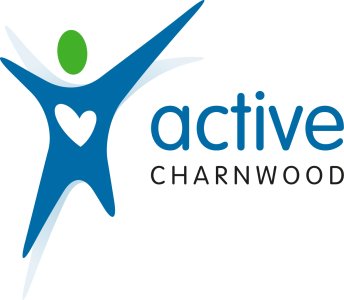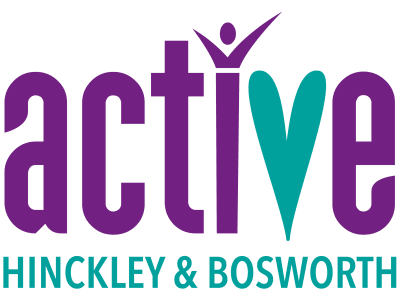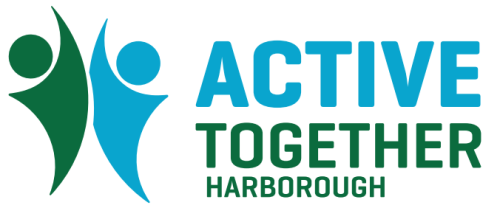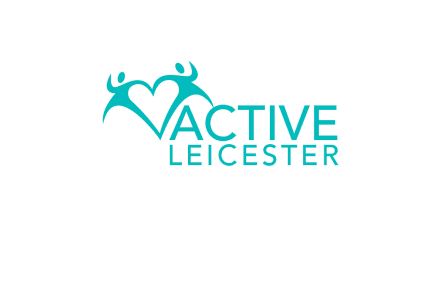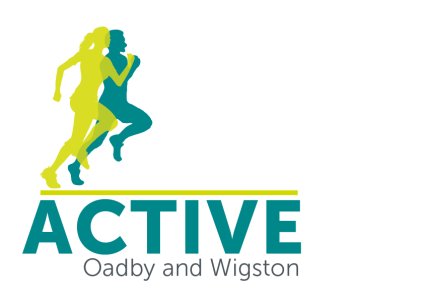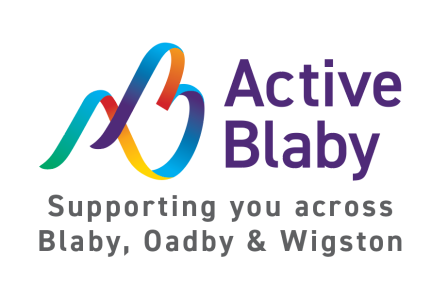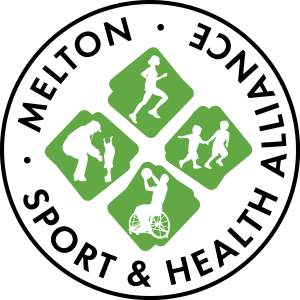Posted: Mon, 22 Jul 2024 14:00
The Swimming after a Stroke fact sheet has been developed by the national governing body in conjunction with the University of Nottingham and the Stroke Association – and is aimed at helping more than 1.3 million stroke survivors in the country to get active.
Stroke can occur every five minutes in the UK, with 100,000 people experiencing one every year.
They can lead to long-term disability and people who have had a stroke may experience ongoing issues with their mobility and independence caused by pain, fatigue, cognitive and emotional problems.
Getting active after leaving hospital in the absence of, or with formal rehabilitation can provide a massive boost to their recovery, confidence and wellbeing, helping them to stay healthy in the future.
The fact sheet details what people after a stroke need to consider before, during and after a swimming session – and top tips on how aquatic activity can aid their recovery.
It has also been created in a format to help those who have aphasia – a common speech and language issue after a stroke.
More than 350,000 people in the UK have aphasia and this version of the fact sheet includes the use of clear illustrations and icons to support the context of the sentence.
It also contains simplified and short sentences, with bold key words based on the Stroke Association aphasia-friendly style and co-created from extensive testing with people with aphasia.
Dr Fiona Moffatt, associate professor and director of professional development and wellbeing for the School of Health Sciences, University of Nottingham, and a member of Swim England's Swimming and Health Commission, said:
"Getting active again after a stroke can have numerous benefits, including lessening the risk of another stroke occurring.
"But we also know that swimming or aquatic activity can be of particular help, with a range of benefits not seen with land-based exercise
"This new fact sheet helps to explain some of those benefits and some of the approaches that will allow people to enjoy being active in water in a safe and enjoyable way.
"We were also aware however, that for those who have aphasia the standard fact sheet formats that have been so popular with other audiences might not be suitable.
"So, we developed an aphasia friendly version with the help of a specialist speech and language therapist, as part of a stakeholder group of people with lived experience of stroke and with input from the Stroke Association."
Mike Hawkes, head of diversity and inclusion at Swim England, said:
"Swim England is committed to tackling the inequalities which prevent sections of our communities from enjoying the benefits of swimming and aquatic activities in all its shapes and forms.
"We believe aquatic activities are uniquely placed to support those who may have experienced a stroke.
"By developing the aphasia friendly version of this fact sheet, we hope this opens up the opportunity to participate in aquatic activity for even more people."
Juliet Bouverie, chief executive for the Stroke Association, added:
"Getting active after stroke is incredibly important to recovering from the effects of stroke and reducing the risk of another stroke happening.
"It is brilliant to see that Swim England has developed a swimming after stroke information resource, to support stroke survivors to get back into the water or even start swimming for the first time.
"We are delighted to have been able to support the process of development. We hope that it will be used by healthcare professionals, leisure providers and people affected by stroke to encourage more stroke survivors to enjoy the benefits of being active in water."
The new fact sheets follow 12 others developed, covering conditions such as asthma, cancer, dementia, diabetes, epilepsy, ear infection, glandular fever, mental health, musculoskeletal conditions, skin conditions, swimming before and after surgery and a fact sheet on swimming after Covid-19.
To date, more than 23,000 copies of the various fact sheets have been downloaded – with more than 275,000 visits to the fact sheet pages of the Just Swim website – since they were first developed.
Swim England will be continuing to develop new fact sheets for different conditions with support from the Swimming and Health Commission over the coming months, with a further fact sheet around swimming with multiple sclerosis and Parkinson's also due to launch very soon.
More information: https://www.swimming.org/justswim/swimming-after-a-stroke/








